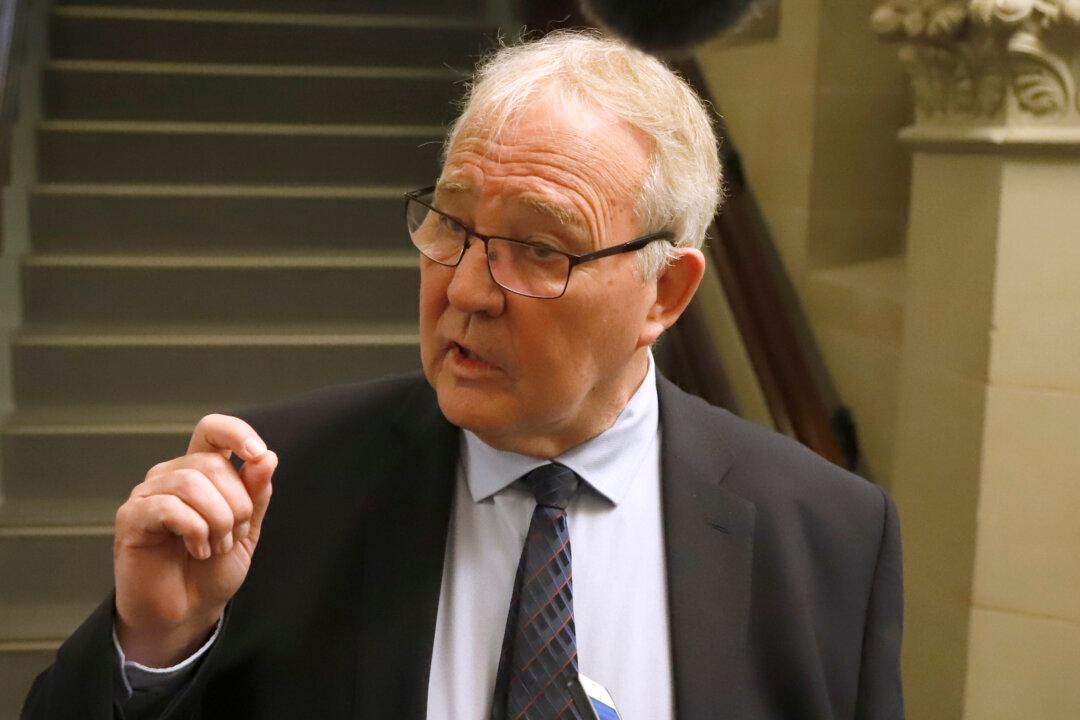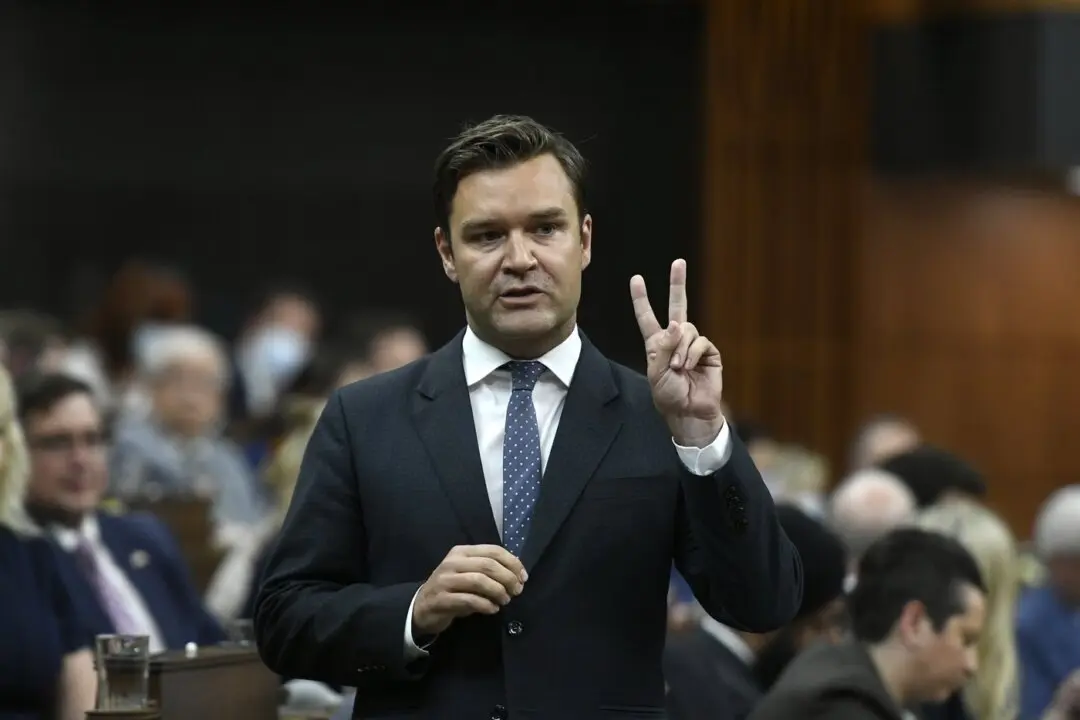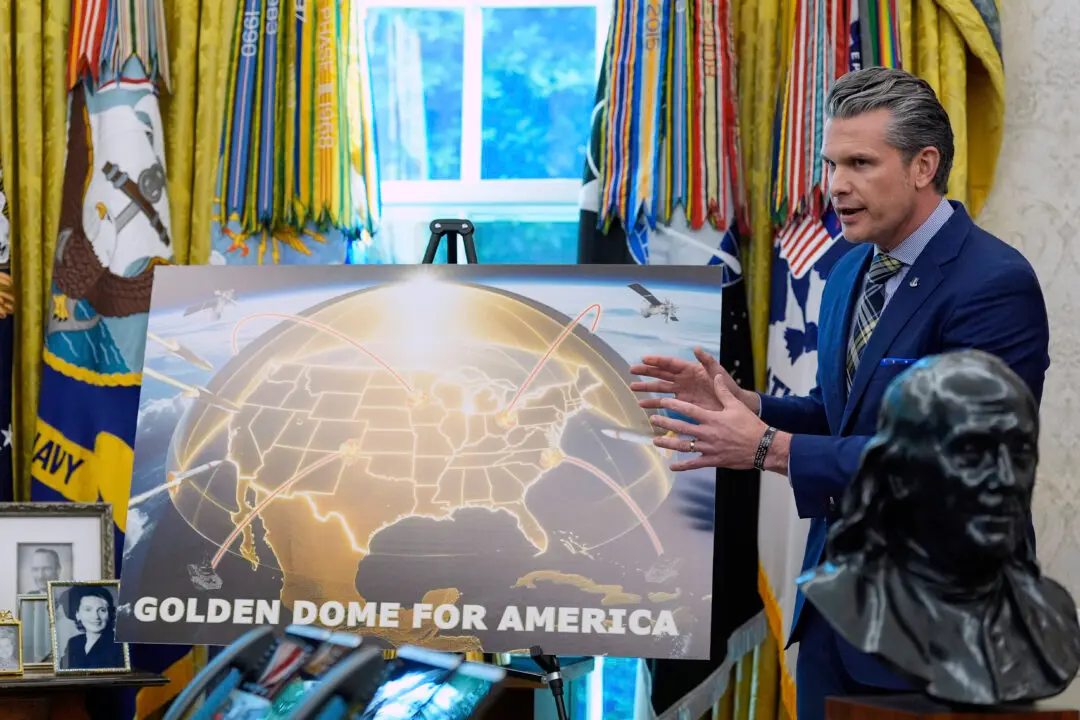Emergency Preparedness Minister Bill Blair says Canada’s spy agency is to blame for not briefing him on Chinese regime threats to MPs in 2021.
Canadian Security Intelligence Service (CSIS) Director David Vigneault, “determined this was not information that the minister needed to know, and so I was never notified of the existence of that intelligence, nor was it ever shared with me,” Blair told the House of Commons Standing Committee on Procedure and House Affairs on June 1.





